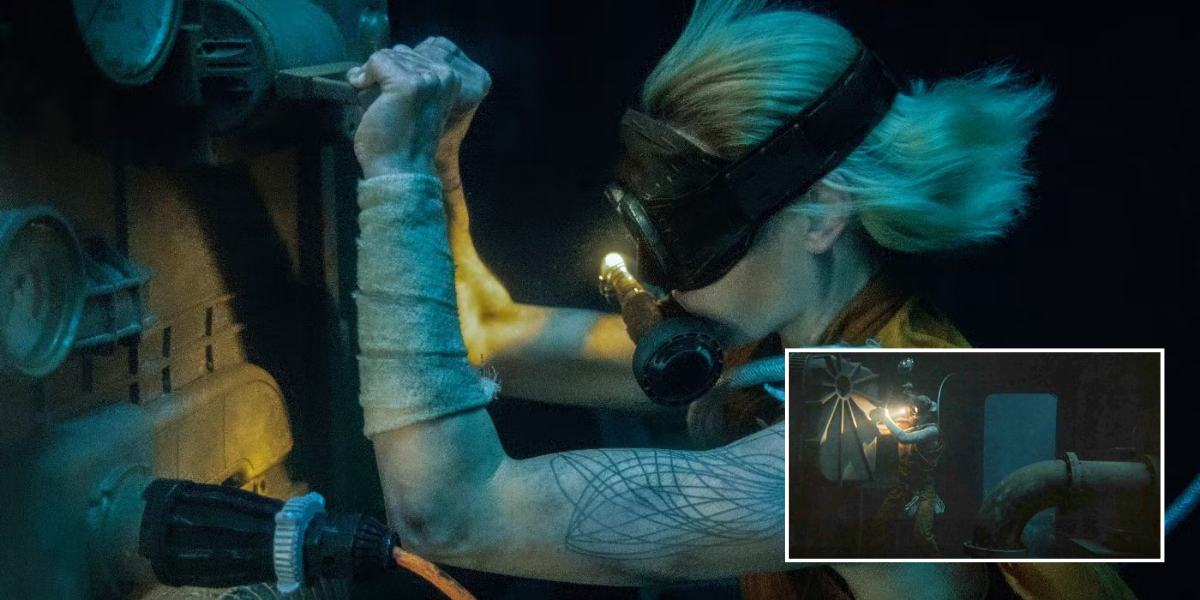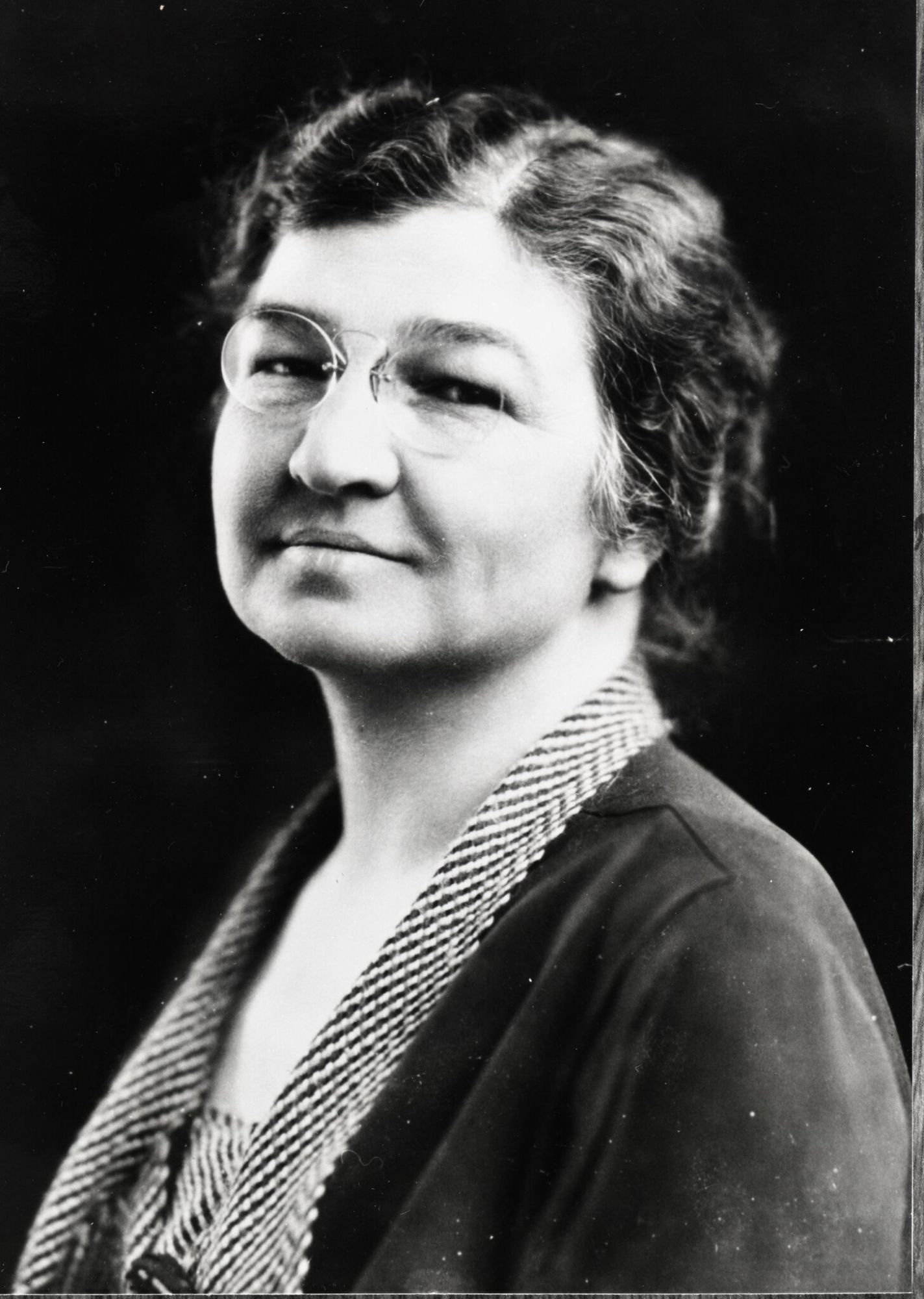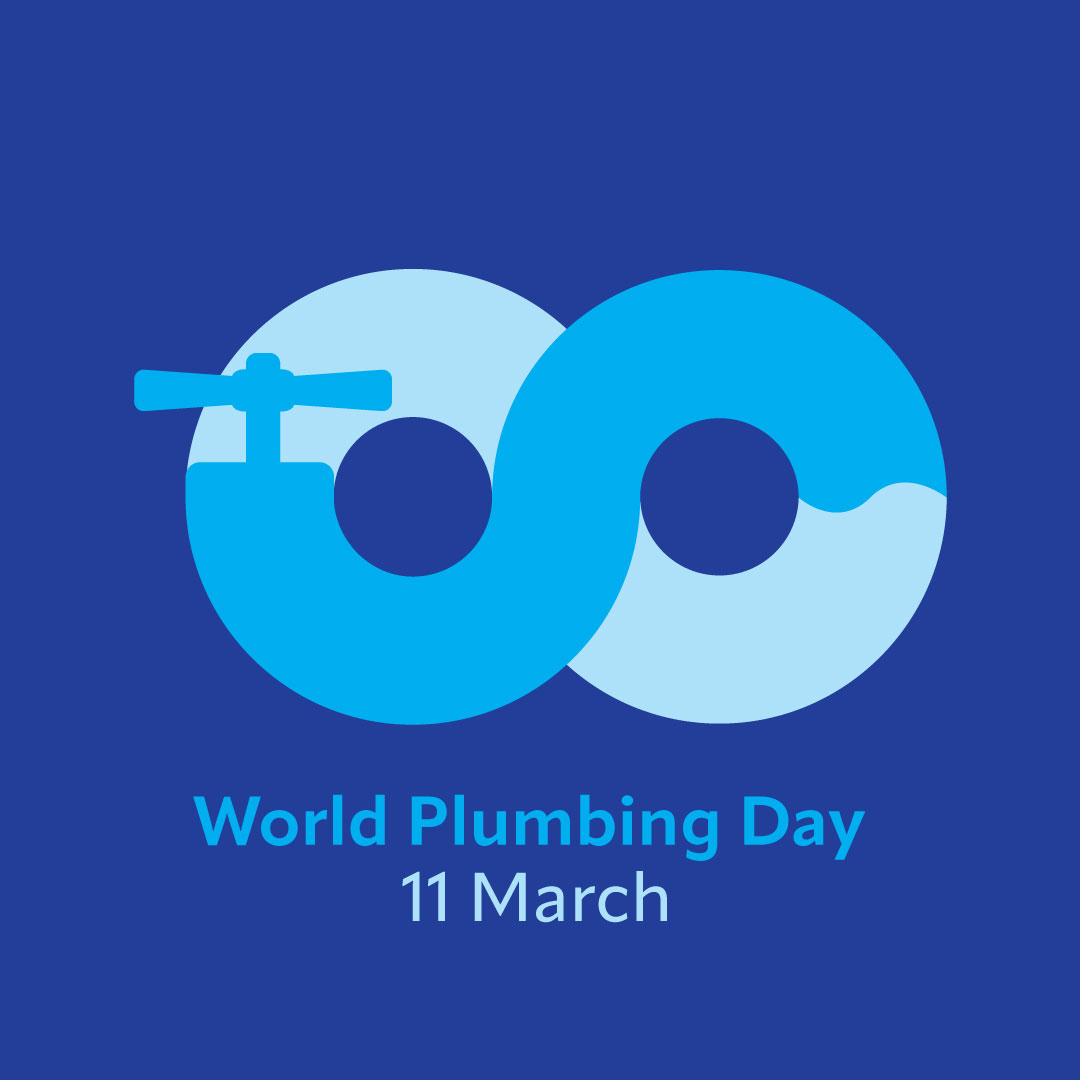
Pumps in Pop Culture
In the Apple TV+ sci-fi dystopian series Silo, adapted from a trilogy of novels by the same name, pumps are featured multiple times (most heavily in Season 2, Episode 7, pictured below). Juliette Nichols, an engineer trying to survive, is attempting to turn a pump back on to manage the flooding in their underground home. Silo highlights that even in the apocalypse, pumps remain essential to humanity’s survival.

Women's History Month

Edith Clarke studied mathematics and astronomy at Vassar College, where she graduated in 1908. She briefly studied civil engineering at the University of Wisconsin-Madison before leaving to become a “computer” for AT&T in 1912. She studied electrical engineering at Columbia University at night during her time with the company. In 1918, she enrolled at the Massachusetts Institute of Technology (MIT) and became the first woman to earn a master’s in electrical engineering from the school the following year. She went on to work for General Electric (GE) as a supervisor of computers in the Turbine Engineering Department and during this time invented the Clarke calculator—an early graphing calculator that solved equations involving electric current, voltage and impedance in power transmission lines. In 1922, she became the first professional female electrical engineer in the United States, working in GE’s Central Station Engineering Department. In 1926, she was the first woman to deliver a paper at the American Institute of Electrical Engineers annual meeting, showing the use of hyperbolic functions for calculating the maximum power a line could carry without instability. She also provided her expertise to help develop and install the turbines that generate hydropower at the Hoover Dam. After retiring from GE, she joined the Electrical Engineering Department at the University of Texas at Austin in 1947, where she taught for 10 years as the country’s first female professor of electrical engineering.
World Plumbing Day

Celebrate World Plumbing Day March 11. This year’s theme is “Plumbing is More,” highlighting the vital role of plumbing in building prosperity, resiliency and healthier communities. Learn more from the World Plumbing Council.
Find more On The Curve content here.

